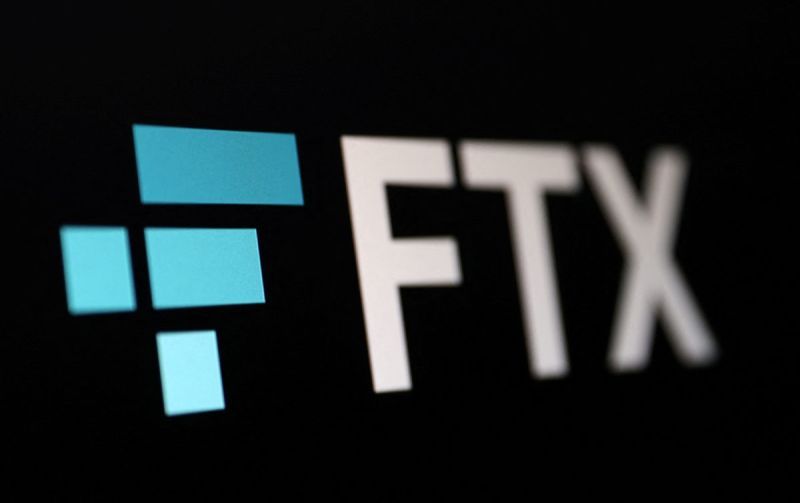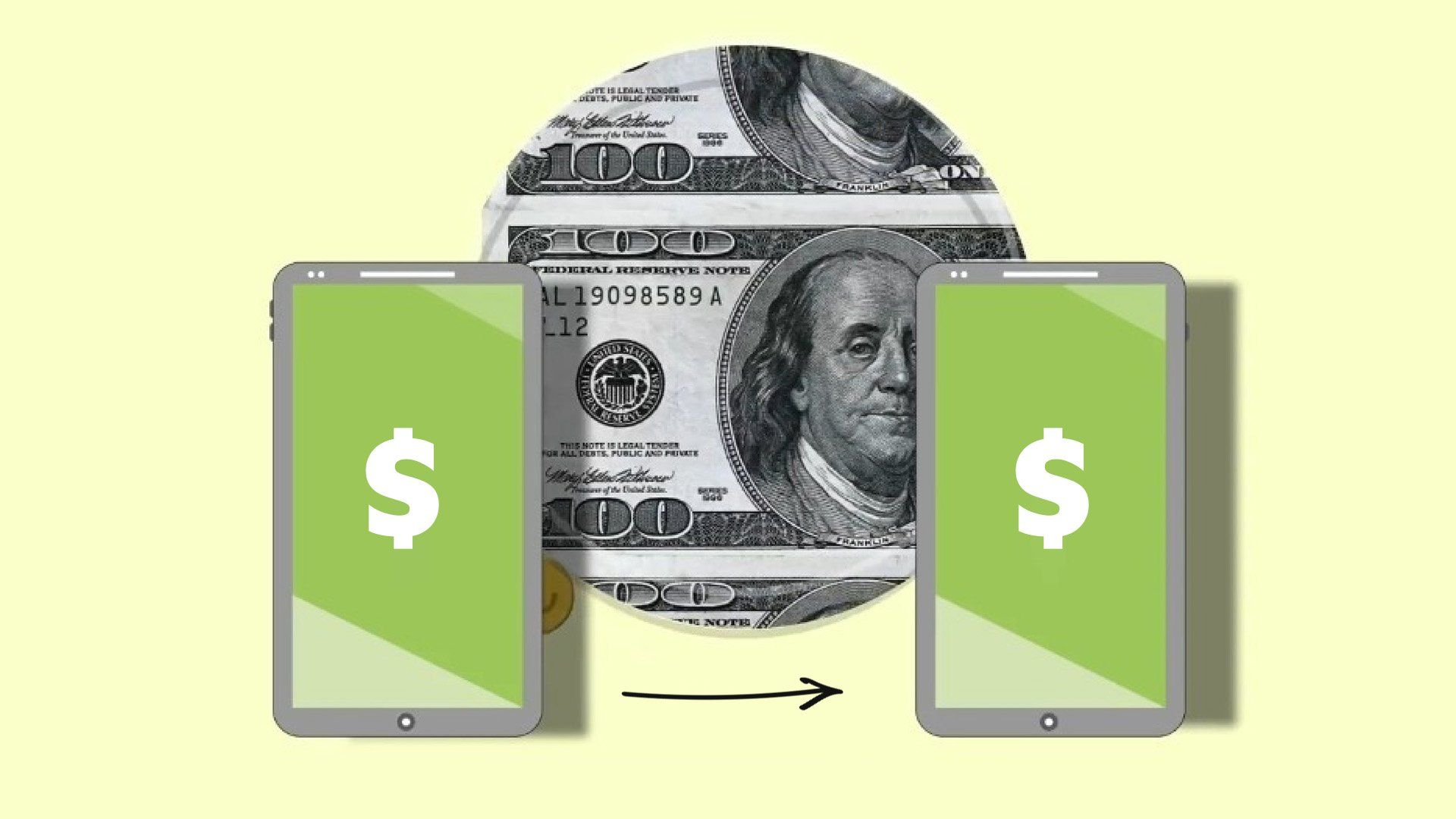555-555-5555
mymail@mailservice.com
The Difference Between Power and Authority in Governance
Stay up-to-date on trends shaping the future of governance.

What can “Tank Man” teach us about governance?
A few weeks back, I wrote about the distinction between authority and power, and how this plays out in the context of startup governance. But for many people, the distinction between authority and power is not very clear.
So, here’s a very visual way of representing the difference.
In this iconic picture taken 1989, we see an unidentified man standing in front of a line of tanks in front of Tiananmen Square, standing against the government's violent crackdown on the Tiananmen protests. It’s obvious at a glance that all the power sits with the column of large tanks, and some authority too–after all, the tanks were called in by the government to crush the student protests. By contrast, the lonely protestor has no power; he is physically small compared to the tanks, seemingly outmatched by the state's might.
Despite this clear imbalance, the man holds a certain authority. He has the authority to bring a column of tanks to halt. Where does his authority come from? Remember the definition from Victor Lee Austen:
“Authority is held by a person/s who lead humans to a fuller exercise of their freedom to accomplish human tasks.”
Tank Man’s courage gave him a moral authority which both tank captains and their commanders recognized–for a while at least.
This concept of authority is not limited to the realm of politics. Even though they have no tanks to command, leaders of companies may also accrue wider authority inside and even outside their organizations. Inside, authority will grow to the extent that leaders build the capacity of their employees to flourish. Outside, a company’s products and services, together with the way in which they are provided, can enable even customers and citizens to grow also in their relative freedom to accomplish tasks. This type of authority creates the capability to influence without coercion. It’s the power of demonstration and that’s why we have celebrated examples of companies which have had influence, like Ricardo Semler’s Semco Partners or those others mentioned in
Good to Great.
Read more on my
Linkedin.
At Integral, we provide ESG Consulting advice, evaluation, facilitation, mentoring and coaching services to develop governance systems that fit your organization’s purpose and stage of growth. To explore further how we can help you,
read about our services, or
set up a free consultation.










Integral is a service of Digital Frontier Services Inc.
a MA registered corporation. Privacy Policy
© 2021 Digital Frontier Services Inc. | All Rights Reserved
